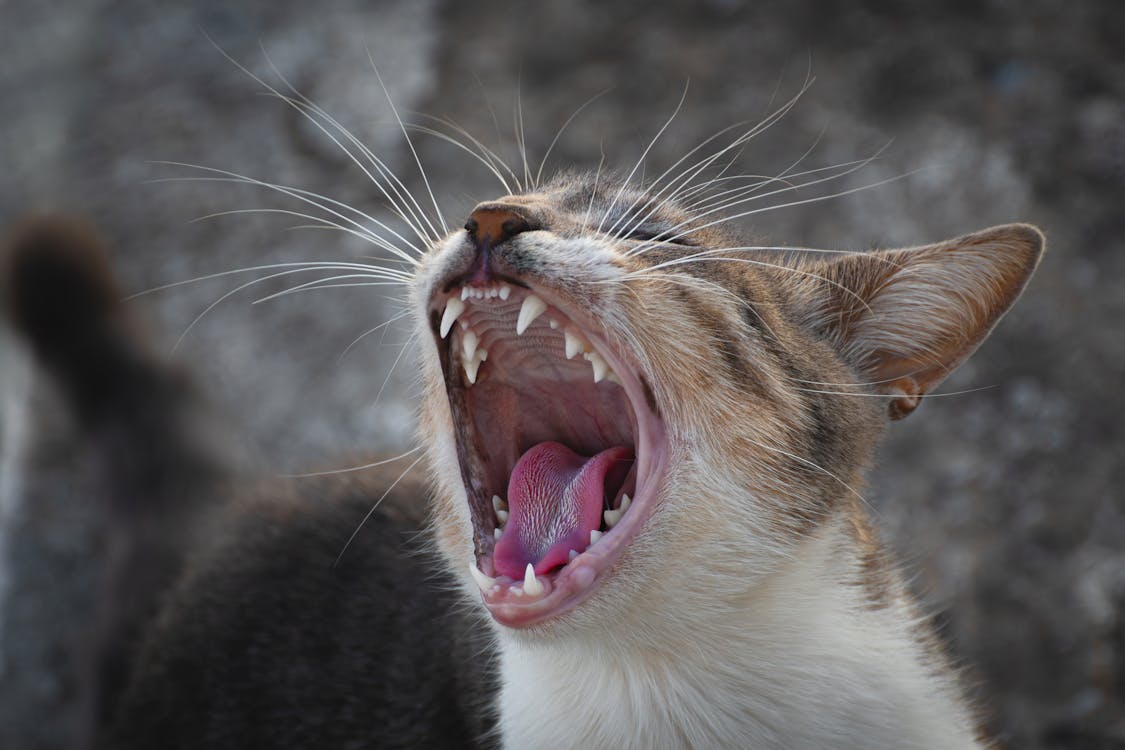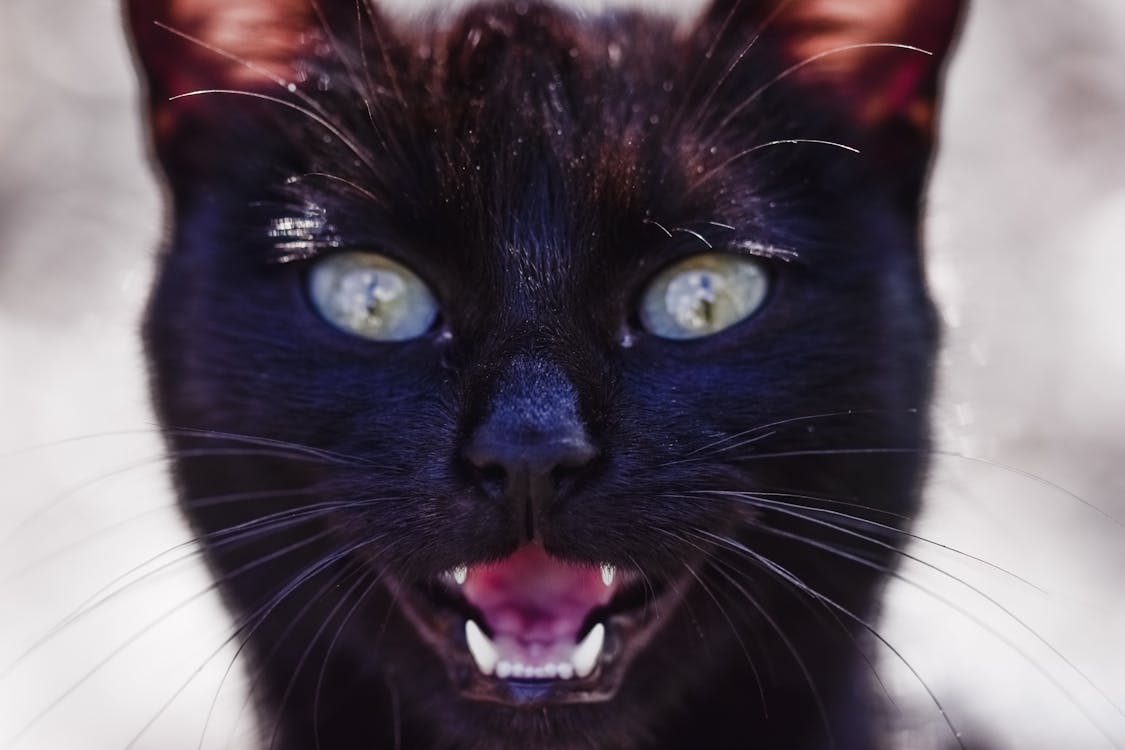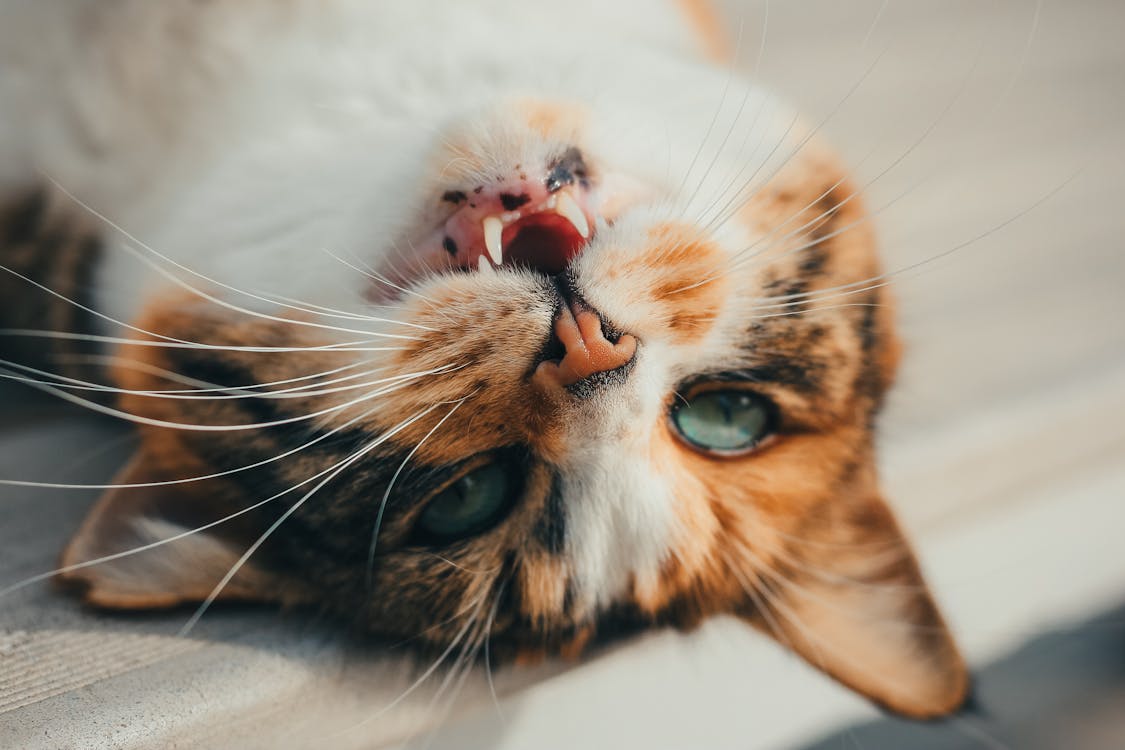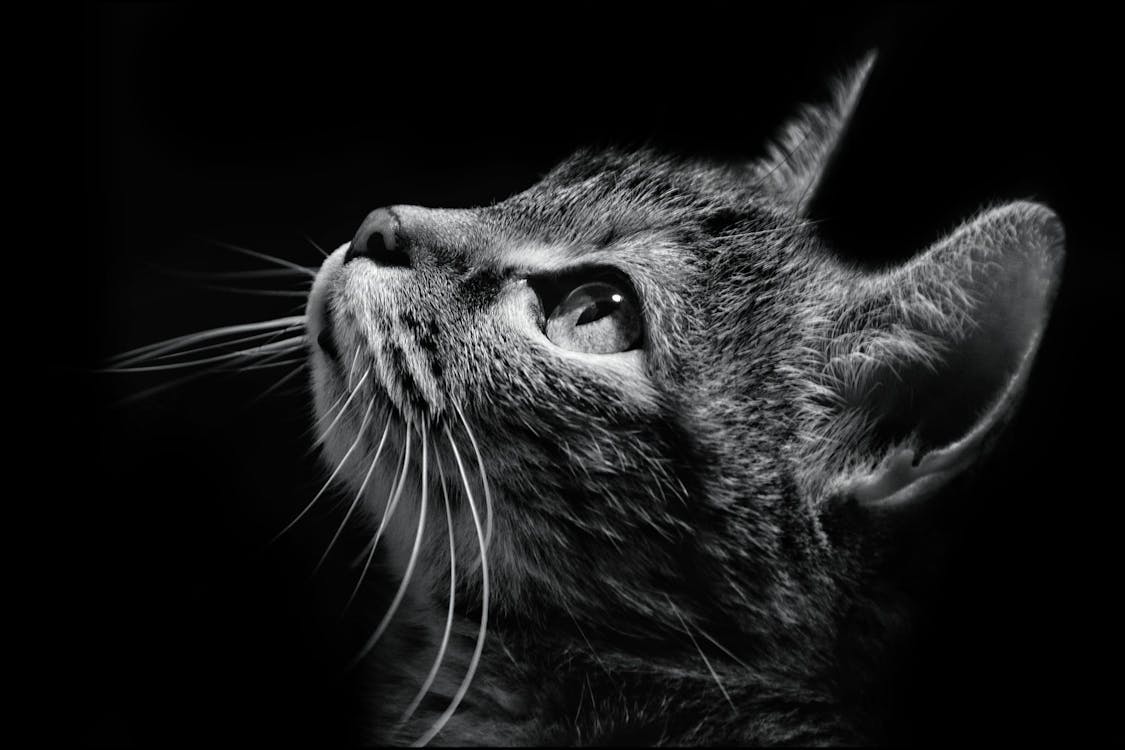Health of your feline’s teeth and gums is crucial for their overall well-being. Just like in the wild, good dental care is vital for your cat’s dental health. In this informative guide, you will discover the importance of dental health for your feline friend, learn about common dental issues, and explore preventive measures and treatment options to ensure your cat’s teeth stay healthy and strong. Let’s launch on a journey to understand and care for your feline’s dental hygiene.
Key Takeaways:
- Regular dental care is important: Dental problems in cats can lead to serious issues if left untreated. Regular dental cleanings and check-ups are crucial to prevent such problems.
- Monitor your cat’s oral health: Watch out for signs of dental issues such as bad breath, swollen gums, or difficulty eating. Early detection can help in effective treatment.
- Diet plays a role in dental health: Feeding your cat dental-friendly food or treats, like those designed for dental health, can help reduce plaque and tartar buildup, promoting better oral health.
Feline Dental Anatomy
Before submerging into understanding feline dental health, it’s important to familiarize yourself with the anatomy of a cat’s teeth. Cats, like humans, have different types of teeth serving various functions in their mouths.

Structure of a Cat’s Tooth
To start, a cat’s tooth is composed of three main layers: enamel, dentin, and pulp. Enamel is the hard, outer layer that protects the tooth from wear and tear. Dentin lies beneath the enamel and provides structure to the tooth. The pulp is at the center and contains nerves and blood vessels, which supply nutrients to the tooth.
The Importance of Whiskers in Feline Dental Health
Structure plays a crucial role in a cat’s dental health, and one often overlooked aspect is the importance of whiskers. Whiskers are not just cute features on your feline friend’s face; they actually serve a vital function in their overall well-being, including dental health.
With their sensitive nerve endings, whiskers help cats navigate their surroundings and assess objects’ texture and size. As far as dental health, whiskers help cats gauge the size of food pieces, assisting them in chewing properly and preventing potential dental issues like broken teeth or oral injuries.
Common Feline Dental Issues
Periodontal Disease
One common dental issue in felines is periodontal disease. This condition affects the gums and the supporting structures of the teeth. If left untreated, it can lead to pain, tooth loss, and systemic health issues for your cat.
Tooth Decay and Cavities
Decay can occur in your cat’s teeth due to plaque and tartar build-up. Cavities may also develop, especially in older cats or those who consume a diet high in sugars. Regular dental check-ups and cleanings can help prevent these issues.

Cavities in cats can be painful and lead to problems with eating and overall health. If you notice any signs of tooth decay or cavities in your cat, it’s crucial to seek dental care from your veterinarian promptly.
Gingivitis and Gum Recession
Common signs of gingivitis in cats include red, swollen gums and bad breath. If left untreated, gingivitis can progress to gum recession, exposing the roots of the teeth and leading to tooth loss. Regular dental care and a balanced diet are crucial in preventing these issues.
It’s crucial to keep an eye on your cat’s dental health and address any signs of gingivitis or gum recession early on. Your veterinarian can recommend proper dental care routines and treatments to help maintain your cat’s oral health.
Causes of Feline Dental Problems
Poor Diet and Nutrition
Now, with regards to poor diet and nutrition, it’s necessary to understand that your cat’s oral health is closely linked to what they eat. Just like in humans, a balanced diet is crucial for maintaining healthy teeth and gums in cats. If your feline friend isn’t getting the proper nutrients they need, it can lead to dental issues such as decay and gum disease.
Lack of Oral Hygiene
Diet plays a significant role in your cat’s dental health. Providing your cat with hard food can help keep their teeth clean by scraping off plaque as they chew. However, it’s not a substitute for proper oral hygiene. Without regular brushing and dental care, plaque can build up, leading to tartar and gum disease.
Genetic Predisposition
Lack of appropriate genetic predisposition is another factor that can contribute to feline dental problems. Some cats may be more prone to dental issues due to their genetic makeup. Certain breeds are predisposed to conditions like malocclusion or overcrowding of teeth, making them more vulnerable to dental issues.

Oral health concerns related to genetic predisposition can sometimes be more challenging to prevent, but with regular veterinary check-ups and proactive dental care, you can help manage these conditions effectively. Being aware of your cat’s genetic background can also help you take necessary precautions to ensure their oral health is in top shape.
Prevention Methods
Despite the fact that dental issues are common in cats, there are several preventive measures you can take to maintain your feline friend’s dental health and avoid potential problems in the future.
Brushing Your Cat’s Teeth
An important step in preventing dental issues in your cat is brushing their teeth regularly. Ideally, you should brush your cat’s teeth a few times a week to remove plaque and tartar buildup. Use a cat-specific toothbrush and toothpaste to gently brush their teeth and gums. Start slow and make the experience positive with rewards to help your cat get used to the routine.
Providing Dental Chews and Toys
On top of regular brushing, providing your cat with dental chews and toys can help improve their dental health. These products are designed to promote chewing, which can help reduce plaque and tartar. Look for dental chews that have a seal of approval from veterinary dental organizations to ensure their effectiveness in maintaining your cat’s oral hygiene.
Brushing your cat’s teeth can be challenging, especially if your feline friend is not used to the process. In such cases, dental chews and toys can serve as a great alternative or supplementary method to promote dental health.
Feeding a Balanced Diet
Feeding your cat a balanced diet plays a crucial role in their overall health, including their dental health. Ensure that your cat’s diet consists of high-quality food that supports their dental hygiene. Some cat foods are specifically formulated to promote dental health by reducing plaque and tartar buildup. Consult with your veterinarian to determine the best diet for your cat’s dental needs.
Plus, offering crunchy foods or specially formulated dental treats can also help keep your cat’s teeth clean and healthy. These options can serve as a tasty supplement to your cat’s regular meals while contributing to their dental well-being.
Treatment Options
Many treatment options are available to address feline dental issues. From professional dental cleanings to surgical interventions, your veterinarian will recommend the best course of action based on your cat’s specific needs.
Professional Dental Cleaning
For professional dental cleaning, your veterinarian may recommend putting your cat under anesthesia to thoroughly clean and examine the teeth and gums. This procedure allows for a deep cleaning below the gum line, where many dental issues can originate. Your veterinarian will remove tartar, plaque, and any diseased tissue to improve your cat’s oral health.
Antibiotics and Pain Management
Pain management is crucial for treating feline dental issues. Your veterinarian may prescribe pain medication to help your cat feel more comfortable during and after dental procedures. Additionally, antibiotics may be prescribed to combat any infections present in the mouth.
Pain management and antibiotics play a vital role in ensuring your cat’s comfort and aiding in the healing process after dental treatments. It is crucial to follow your veterinarian’s instructions carefully when administering medications to your feline friend.
Surgical Interventions
Treatment may involve surgical interventions for more severe dental issues such as tooth extractions or gum surgeries. Your veterinarian will assess the situation and recommend surgery if necessary to alleviate pain, prevent further complications, and improve your cat’s quality of life.

Dental surgeries are carefully planned and performed by experienced veterinary professionals to ensure the best possible outcome for your cat. Your veterinarian will provide guidance on post-operative care to help your cat recover smoothly.
Home Care and Maintenance
Creating a Dental Care Routine
One of the best ways to ensure your cat’s dental health is by establishing a regular dental care routine at home. This can include daily brushing with a specialized feline toothbrush and toothpaste. Start slowly and make it a positive experience for your cat by rewarding them with treats and praise.
Monitoring Your Cat’s Dental Health
Carefully monitoring your cat’s dental health is crucial in maintaining their overall well-being. Check your cat’s mouth regularly for any signs of redness, swelling, or bad breath. If you notice any changes, consult your veterinarian promptly for further evaluation.
Cats are notorious for hiding discomfort or pain, so it’s important to be proactive in monitoring their dental health. Early detection of issues can prevent them from escalating into more severe problems.
To wrap up
With these considerations in mind, it is clear that maintaining your feline friend’s dental health is crucial for their overall well-being. By practicing good dental hygiene, such as regular brushing and providing appropriate dental treats and toys, you can help prevent dental issues and keep your cat’s teeth in tip-top shape. However, if dental problems do arise, it is important to seek professional veterinary care to address the issue promptly and effectively. Your vigilant attention to your cat’s dental health will contribute to their quality of life and ensure they can continue to purr and play for years to come.
Q: Why is feline dental health important?
A: Feline dental health is important because dental issues can lead to serious health problems in cats. Untreated dental disease can result in pain, infection, difficulty eating, and other health issues. Regular dental care can prevent these problems and help your cat live a healthier, happier life.
Q: How can I prevent dental problems in my cat?
A: To prevent dental problems in your cat, it is important to provide regular dental care at home. This includes brushing your cat’s teeth, giving dental treats or toys, and feeding a dental-specific diet. Additionally, regular veterinary check-ups and professional cleanings can help identify and address any potential issues before they become serious.
Q: What are some signs that my cat may have dental problems?
A: Some common signs that your cat may have dental problems include bad breath, reluctance to eat hard food, pawing at the mouth, drooling, swollen or bleeding gums, and loose or missing teeth. If you notice any of these signs, it is important to schedule a veterinary appointment to have your cat’s teeth examined and address any issues promptly.










